Gardening can be rewarding if you want to grow plants in raised garden beds. You might be thinking about the best materials to use.
One common question is whether using lumber for raised garden beds is okay. Treated lumber is wood specially treated with chemicals to make it more durable and resistant to decay.
While this treatment can help the wood last longer, some people worry about the chemicals used, and they can harm your plants or you.
We’ll see some advantages of using lumber for your garden beds. So you’ll better understand if it’s right to use treated lumber.
Let’s explore various landscaping timber ideas to help you make the best choice for your garden’s aesthetic and your plants’ health.
Is Treated Lumber a Safe Choice for Raised Bed Construction?
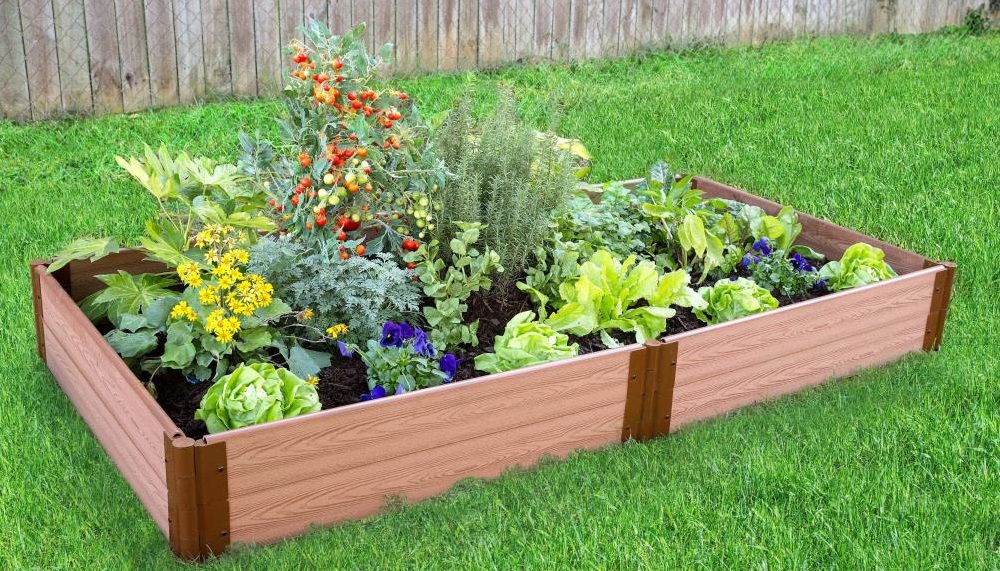
When considering raising garden beds, one of the first things to decide is what kind of lumber to use.
People often choose treated lumber because it lasts long and doesn’t easily rot. However, there’s a question: is it safe for your garden and the plants you want to grow? Lumber is treated with chemicals to prevent rotting and keep insects away.
In the past, these chemicals sometimes had harmful things, such as arsenic, which could get into the soil and plants.
This made some people worried about using lumber for garden beds, especially if they were growing things they wanted to eat.
The Question of Suitability

You can use lumber for your raised garden beds, but you must be careful. The safety of the lumber depends on how it was treated.
Look for lumber labeled as suitable for ground contact or safe for garden use. This means it was treated with newer, safer chemicals such as ACQ or CA-B, less likely to release harmful substances into the soil.
To be extra safe, you can line the inside of the bed with plastic sheeting. This creates a barrier between the lumber and the soil, reducing the chance of contact between the treated lumber and your garden’s soil.
Raised Beds Offer Many Advantages for Gardeners
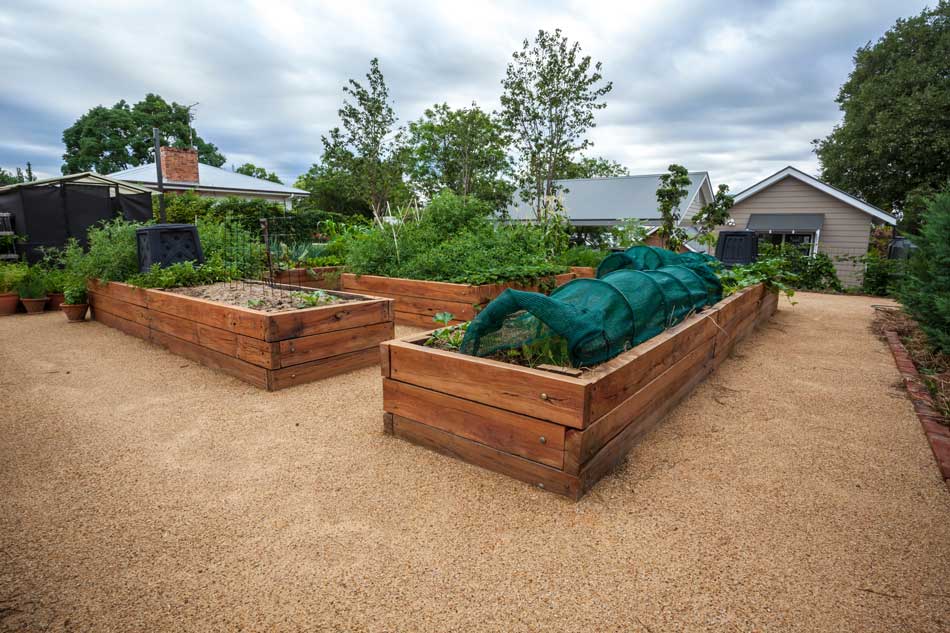
1. Improved Water Drainage
Raised beds offer a great advantage in your garden by improving water drainage.
Unlike regular gardens on the ground, raised beds create a controlled environment where extra water can easily escape—preventing plant roots from getting too wet.
This is especially useful if you live in a place with lots of rain or heavy clay soil that holds water.
The soil is lifted in raised beds, so gravity helps carry away excess water. This keeps your plants healthier because they’re less likely to get root rot or other water-related problems.
You can also boost drainage by using well-draining soil and adding gravel or coarse sand at the bottom of your raised bed.
2. Simplified Soil Quality
Using raised beds for gardening offers several benefits, and one of the key advantages is having better control over your soil. In regular gardens, you’re stuck with the soil that’s already in your yard, which can be good or bad depending on its quality. However, with raised beds, you can create the perfect soil conditions for your plants.
You start by filling the raised bed with a custom mix of soil that’s just right for your plants. This mix might include topsoil, compost, and other natural materials to make the soil rich in nutrients. You can even adjust the soil’s pH level to match what your crops like.
3. Effortless Irrigation
One great thing about raised beds in gardening is how easy it is to water your plants. Raised beds are such as plant boxes that keep everything neat. This makes it a breeze to give your plants the right amount of water. Regular gardens can be a bit messy when it comes to watering, which can make some parts too wet and others too dry.
With raised beds, you can use special hoses that drip or soak water right at the plant roots. This not only saves water but also makes sure your plants get just the right amount so they’re not too thirsty or drowning.
4. Reduced Pest and Rodent Presence
Raised beds can help keep pests and rodents away because they’re lifted above the ground. They create a barrier that makes it harder for bugs such as slugs, snails, and insects that live in the soil to get to your plants. This means your plants are less likely to be bothered and damaged by these common garden pests.
Also, if you use a special material at the bottom of your raised beds, you can stop burrowing rodents like moles and gophers from getting into your garden soil. This can be useful if you live in an area where these pests are a problem because it reduces the chances of them digging into your garden.
Conclusion
Using treated lumber for raised garden beds can be okay, but you must be careful. Treated lumber has chemicals that might soak the soil and affect your plants. If you decide to use it, choose the right type of wood, such as ACQ or copper-based treatments, which are safer for gardens. But it’s even better to use untreated wood, such as cedar or redwood.
These woods don’t have harmful chemicals. Your garden’s health is important. If you’re unsure about lumber, it’s safer to choose natural untreated wood for your raised garden beds. It’s an easy way to grow happy, healthy plants and enjoy your garden for years to come.

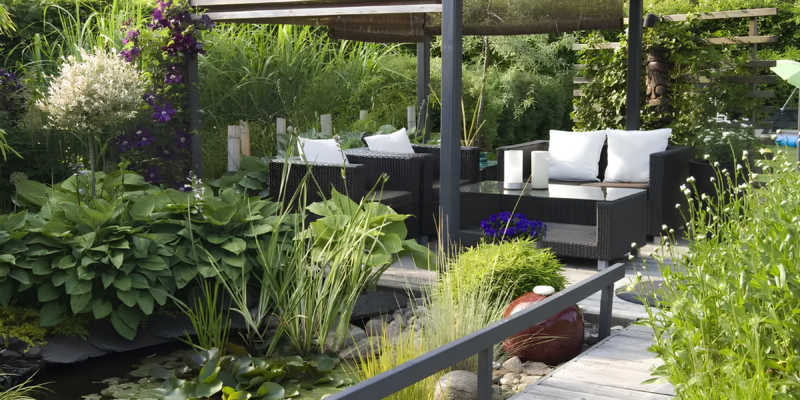



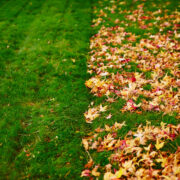



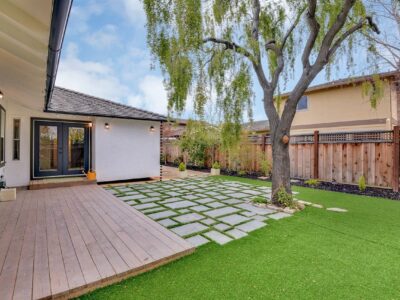
Comments